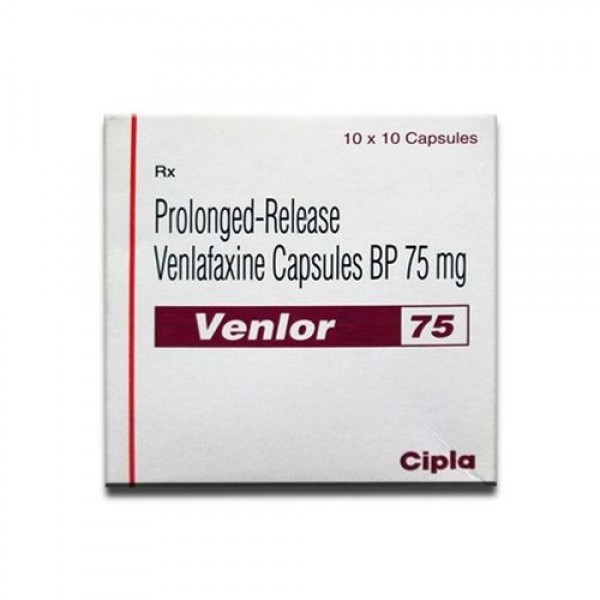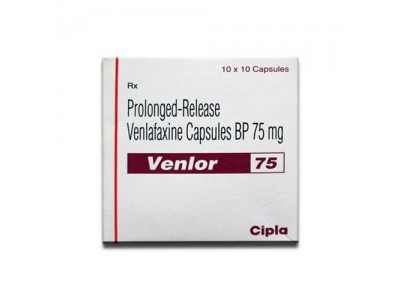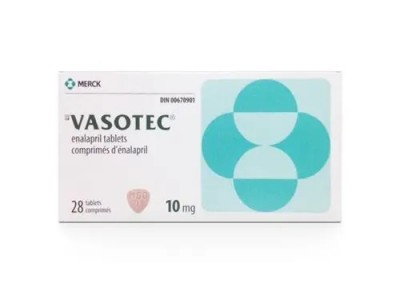Venlor, also known by its generic name Venlafaxine, is a medication primarily prescribed to treat major depressive disorder (MDD), generalized anxiety disorder (GAD), and social anxiety disorder. It falls under the category of drugs known as serotonin-norepinephrine reuptake inhibitors (SNRIs). Venlafaxine works by affecting the balance of certain neurotransmitters in the brain, specifically serotonin and norepinephrine, which play a crucial role in regulating mood and anxiety levels.
This medication is available in various forms, including extended-release capsules and tablets, which allow for a controlled release of the drug over time. The extended-release format is often preferred to minimize potential side effects and improve patient compliance by reducing the frequency of dosing.
When used as prescribed, Venlor can be effective in helping individuals manage their symptoms of depression and anxiety. However, it's essential for patients to follow their healthcare provider's instructions regarding dosage and duration of treatment, as abruptly discontinuing Venlafaxine can lead to withdrawal symptoms. In some cases, individuals may need to taper off the medication gradually.
As with any medication, Venlor may have potential side effects, including nausea, dizziness, dry mouth, and changes in blood pressure. Patients should communicate any adverse effects they experience to their healthcare provider to determine the best course of action. Venlafaxine can interact with other medications, so it's crucial to inform your doctor about any other drugs you may be taking to avoid potentially harmful interactions. Overall, Venlor has proven to be a valuable tool in the treatment of depression and anxiety disorders, offering relief to many individuals who struggle with these conditions. However, it should only be used under the guidance of a qualified healthcare professional.
Venlor (Venlafaxine) is typically prescribed after a thorough evaluation by a healthcare provider, taking into account the patient's medical history and the severity of their condition. The dosing can vary depending on individual factors, and it is often started at a low dose and gradually increased to achieve the desired therapeutic effect.
It's important to note that Venlafaxine should not be used in combination with monoamine oxidase inhibitors (MAOIs) or within two weeks of discontinuing MAOIs, as this can lead to a potentially dangerous interaction. Additionally, patients should be aware of the potential for an increased risk of suicidal thoughts or behavior, especially in young adults, when starting this medication, and should be closely monitored during the early stages of treatment.
If you're considering using Venlor or have been prescribed it, it's essential to maintain open communication with your healthcare provider. They can help you weigh the benefits of the medication against potential side effects and guide you through the course of treatment. It's also important to follow your prescribed dosing schedule and not make any changes without consulting your doctor, as abruptly stopping Venlafaxine can result in withdrawal symptoms.
In summary, Venlor, or Venlafaxine, is a medication commonly used to manage symptoms of depression and anxiety disorders. It falls under the category of SNRIs and works by affecting neurotransmitters in the brain. While it can be an effective tool in treating these conditions, its use should be closely monitored and guided by a healthcare professional to ensure safety and efficacy. In the next response, I'll provide more information about potential side effects and precautions associated with Venlafaxine.
There are no reviews for this product, be the first to leave your review.

No questions about this product, be the first and ask your question.






